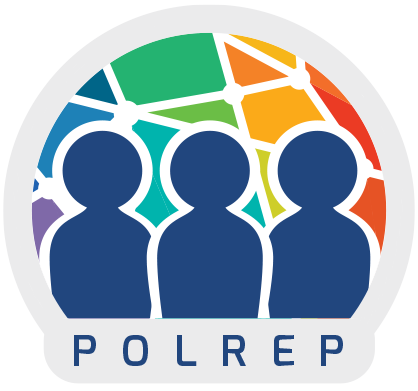Policy-based political representation: A multi-method analysis of legislative work, news content and surveys

The project looks at why programmatic voter-party linkages are weak in Romania and how they could be strengthened. We examine how practices of political parties and mass media contribute to weak policy-based linkages between citizen and parties, and what policy issues and ways of discussing policy differences could encourage issue-based voting and bolster citizen-party linkages.
Strong voter-party policy linkages are crucial for democracy. Their weakness in Romania was attributed to various structural and historical factors, but our previous work indicates that the behavior of parties actively undermined such linkages since the 1990s. By elucidating the dynamic factors contributing to weak Romanian voter-party linkages, the project will improve our understanding of representation processes in young democracies. To overcome limitations in previous studies, we will follow how policy differences played out in Parliament, then in the media and by how the public responded over time. Then we will test what policy differences, discussed in what way, have potential to engage the public. Our innovative multi-method longitudinal research design includes state-of-the-art text analysis and survey experiments and will create rich databases on issue attention and policy agendas in legislation; media coverage of legislative and executive activities; journalists’ practices regarding coverage of policy debates; and citizen responses to policy issues.

